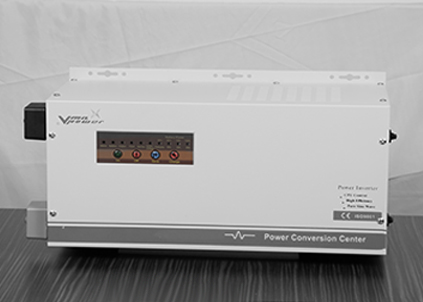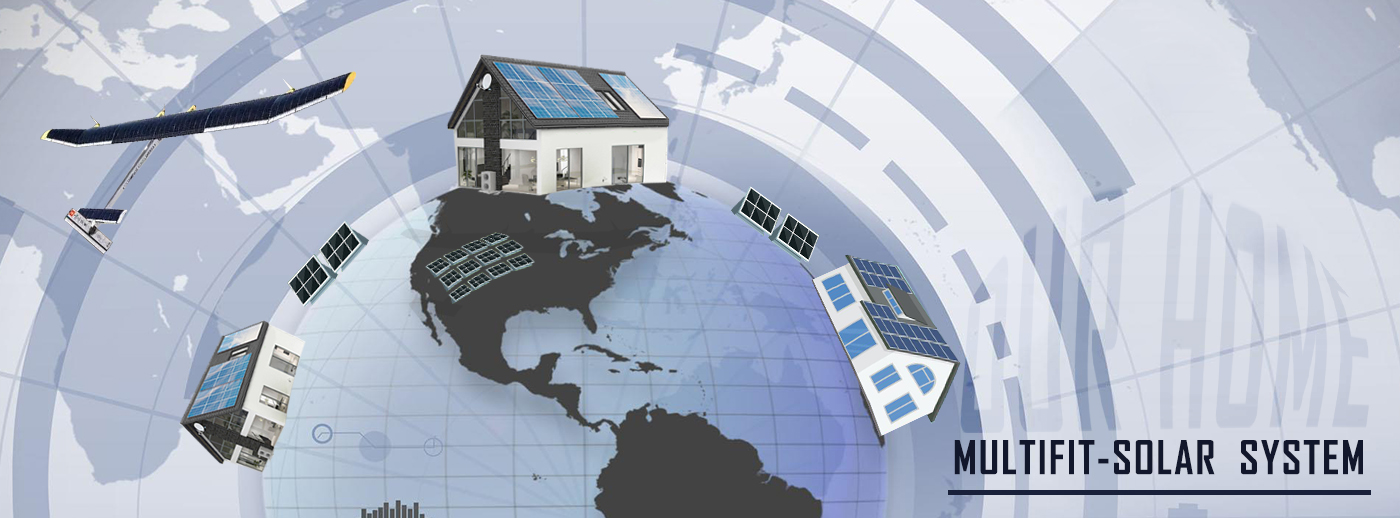Solar panels don't have much in the way of moving parts, so they don't require a lot of upkeep. But there are a few things you should do regularly.
Learn how to take care of your solar panels after installation. Solar Panel Cleaning Equipment Manufacturers

There's a lot to love about installing solar panels for your home. For starters, they're a great way to save money on your energy bill. Plus, they reduce your home's carbon footprint. And while solar panels aren't exactly inexpensive, they can last about 25 to 30 years.
You'll have loads of time to get a return on your investment in solar panels.
But to get the most value and productivity out of your panels, you need to maintain them properly. And while solar panels aren't as maintenance-heavy as other major home systems, you can't just forget about them.
Can solar panels save you money?
Interested in understanding the impact solar can have on your home? Enter some basic information below, and we’ll instantly provide a free estimate of your energy savings.
In this guide, we'll walk you through everything you need to know about solar panel maintenance, including how often maintenance is required, the cost of upkeep, and how to tend to your panels so they're in tip-top shape.
The good news is that panel maintenance is minimal.
"Unlike a car, where you drive it every day and there's moving parts and a much higher chance of something happening, solar panels don't really have any moving parts," said Zain Jan, co-founder and CEO of Better Earth, a California-based solar installer. "Of course, there's issues that happen just like with any product, but for the most part, there aren't many issues that happen."
That being said, it is important to keep an eye on the condition and performance of your home solar panel system.
Mostly, you'll need to give your panels a good cleaning. That's because dirt and debris can collect on your panels, especially during storms and long periods without rainfall. Beyond that, you might want to schedule an annual inspection with a solar specialist. They can make sure everything is working properly.
To monitor the health of your panels, check them periodically for dirt and debris buildup, which could hamper the solar panel's performance. Over time it's natural for your home solar panels to decrease in performance, but if they're underperforming it might be a good idea to see if they need a good cleaning.
Some solar companies have mobile apps that show you the energy production of every panel in your system in real time, Jan said. And if there's a dip in performance that's unusual for the age and condition of your solar panels, or something seems to have gone awry with your panels, you'll receive an alert.
As the buildup of dust or debris can affect the production of renewable energy, maintaining your solar panels might just require grabbing a hose or bucket of water and spraying off your panels. "That's the only self-maintenance you really need," Jan said. "You can hire someone to do it super cheaply."
For any other issues, you can request an inspection from your solar installer. They can determine if there's any other maintenance that can be done.
Keep a log of any maintenance appointments, as well as cleanings you do yourself. That can help you stay on top of tending to your solar panels.
As solar panels require minimal maintenance and the most common issue is dirt and debris buildup, the frequency depends on where you live, the climate, environment and weather. If you live in an area where there's a storm season, you might need to clean your panels more often during that time of year. Or if you've experienced a stint without a drop of rain, it might be a good idea to climb on your roof -- or hire someone to -- and check on the accumulation of dirt on your panels.
Solar companies recommend cleaning your solar panels at least twice a year, regardless of the weather conditions and where you live. That will lower the odds of there being too much dirt and debris collecting on your panels. The more time that passes, the more buildup -- and the harder it might be to clean.
Read the manual that comes with your solar panels. Look for the suggested maintenance practices and cadence.
While the cost of maintaining solar panels is typically pretty low, it could be worthwhile to factor in any costs. That can help you figure out how long it takes the panels to pay for themselves. This includes an annual inspection, which isn't typically included in your home solar system. The cost can vary, and ranges from $150 to $300 per visit.
Additional maintenance or fixes that stem from that inspection should also be considered. Some solar panel companies offer a free mobile app to monitor usage. If not, you can get your own. These solar monitoring apps might come with a small fee.
If you're spending, say, $300 annually to have someone clean your panels twice a year, plus $200 for an annual maintenance inspection, fold that into your annual costs when considering the break-even point for getting solar.
A warranty is a promise from a solar company that it will fix or replace the home solar panels if they don't work properly or there are defects. Manufacturer warranties typically cover solar inverters, solar batteries, and workmanship and material defects. The panel warranty, which is also known as an equipment or materials warranty, covers the actual equipment.
There are also warranties from the installer. The workmanship warranty from solar panel companies covers any damage or defects during the installation of your home solar panel system. A production, performance or power output warranty guarantees your solar panels will produce a certain amount of its original energy -- or output -- over time. A weatherization warranty can cover your roof and solar panels from leaks or damage from wind or rain. Manufacturer and installer warranties are good for a limited period, usually 10 to 25 years. They vary according to the manufacturer or installer, type of panels and where you live. There are caveats and restrictions. Read the fine print.
Your solar panel warranty may stipulate that your panels are only covered if they are properly maintained. For example, if you don't clean your solar panels regularly and built-up debris cuts their useful life short, then your warranty may not cover it.
To decide what you need in a warranty, gauge how long you plan on staying in your home, the odds of you needing to tap into the coverage provided by a warranty, and what your budget is for out-of-pocket costs.
To make sure your solar panels are working like they should and you're getting the greatest energy output possible, maintenance is key. Staying on top of these needs can help you save on costs and get the most out of your solar panels.
Best Solar Products and Companies
Living Off the Grid Series
Updated June 9, 2023 12:20 p.m. PT
We thoroughly evaluate each company and product we review and ensure our stories meet our high editorial standards. Read how we test products and services.

1.5 Kw Solar Power System Cost Instantly estimate your solar cost and savings. Pick a provider later.